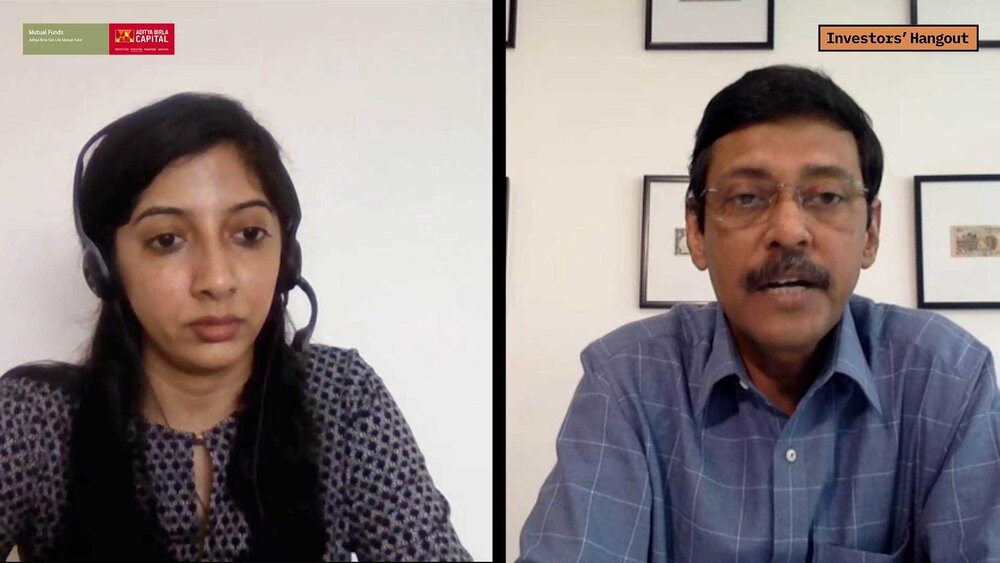
Bull runs can make equity investors out of anyone. It is the bear phase that tests one's resolve. As Indian equity markets have rallied over the last few years, of course with intermittent periods of corrections, more and more first-time investors have taken to equity directly, without assessing their risk appetite or conditioning themselves with the inherent market volatility. As the market crashed in March, such investors panicked and withdrew.
Something similar happened with Varun Kumar. Varun is a young software programmer. Impressed with the double-digit returns that Sensex gave in 2019, he had been thinking of investing in equity. He started investing through SIPs in January 2020 and since then he has hardly had a good night's sleep. The market's daily ups and downs keep his mind preoccupied. He has even been thinking of getting help from a therapist to overcome his investment-related stress.
The crash in March further exacerbated the matter. As he saw the worth of his investments fall dramatically, he couldn't control the urge to sell out and protect whatever capital was remaining. That made him sell out at the very bottom. Though he knew in his mind that market crashes are an excellent time to invest, in reality, he found it difficult to implement this logic.
Later, as the market recovered, he realised that he had been fooled. All the loss has been undone. However, now he doesn't have the resolve to restart his SIPs. He fears that if the market falls again, he will not be able to handle his fear and anxiety.
What to do
Taking a plunge into equity without assessing your risk appetite often results in an unpleasant experience, as we can see in Varun's case. However, his decision to invest in equities wasn't wrong. In the long term, equities have the potential to give good, inflation-beating returns but one has to tolerate their inherent volatility. It is this volatility that new investors have to accustom themselves to.
A silver lining for Varun is that his experience with equity has taught him the importance of asset allocation, which is nothing but dividing your investments across equity and debt. Equity is volatile but more rewarding in the long term. Debt is usually steady but its returns tend to be low. Thus, a proper mix of the two can help contain the volatility in a portfolio while also ensuring wealth creation.
New investors should begin their equity journey not with pure equity funds but with aggressive hybrid funds. Such funds invest 65-80 per cent in equity and the rest in debt. The debt portion helps cushion the fall and hence helps new investors stay invested amid a market downturn. Hence, Varun can start his SIPs not in a pure-equity but a hybrid fund. As he gathers experience in handling market volatility, he can switch to pure-equity funds to enhance his return experience.
Alternatively, one can create one's own 'hybrid' by investing 75 per cent of the corpus in equity and the rest in debt.



